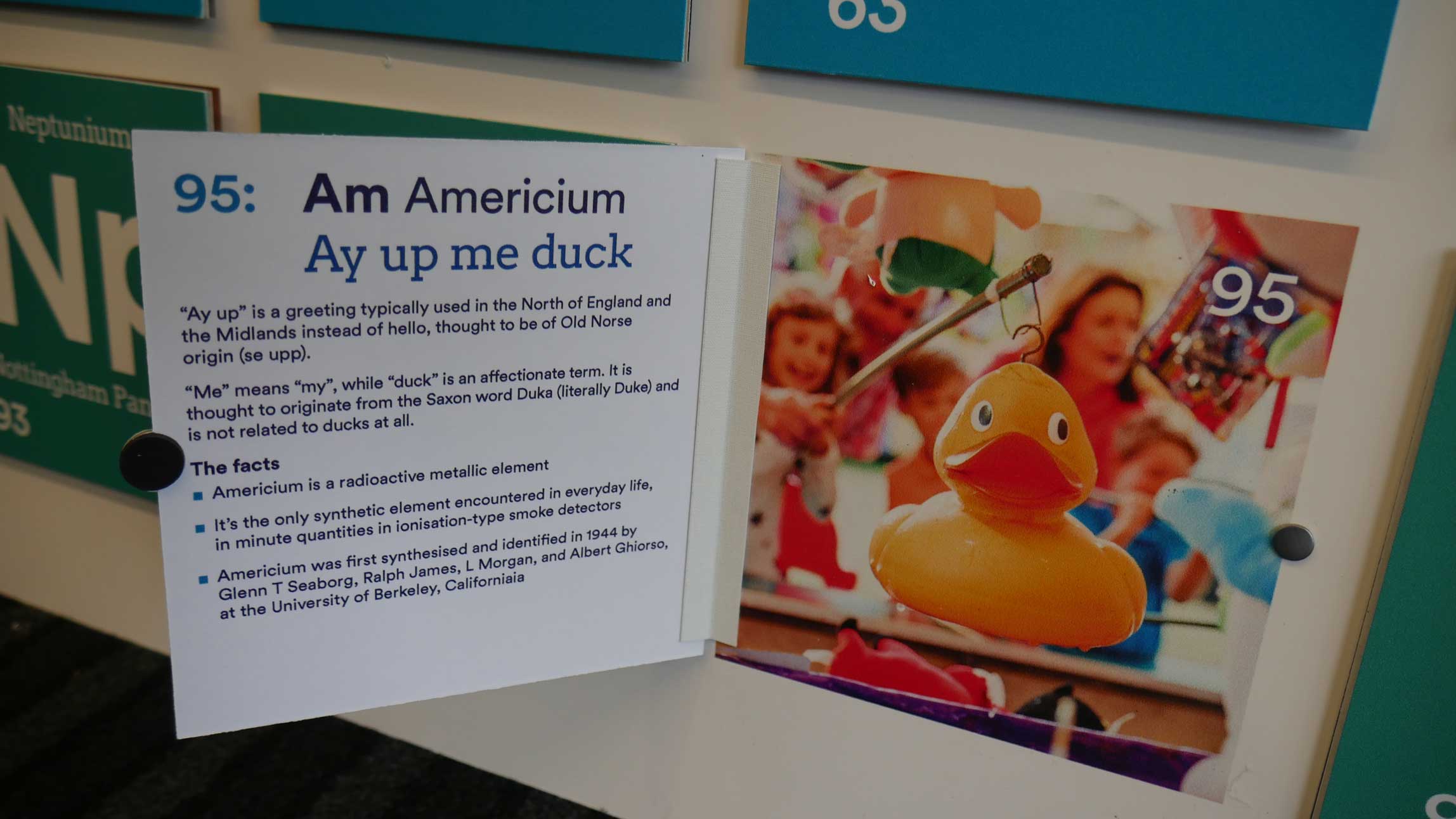
Sir Martyn has gained a worldwide reputation for public engagement, especially for inspiring younger generations. Hundreds evacuated from bingo hall after 'potentially suspicious' backpack was left behind by a customer.This is one of the few modules in the university taught jointly by chemists and engineers. He lectures on the green chemistry and process engineering module for first year students with his colleagues from chemistry and chemical engineering. Having joined the University of Nottingham as a lecturer in 1979, Sir Martyn continues to teach. Sir Martyn’s work has attracted sustained interest from industry and his extensive collaboration was highlighted by the academy.įor example, his partnership with Thomas Swan & Co Ltd, an independent company specialising in performance and speciality chemicals, culminated in 2002 with the opening of a 1000-ton-a-year plant for manufacturing chemicals in supercritical fluids. His work has now inspired colleagues in both chemistry and engineering at Nottingham to pursue their own research in these fluids. Police hunt man with Worksop accent after late night robbery.He was one of the first people in the UK to study the use of supercritical carbon dioxide as environmentally more acceptable solvents for carrying out chemical processes. Sir Martyn said: “I have always been fascinated that one can dissolve something that is solid in a gas.” Like gases they have to be kept in sealed containers and, like liquids, they can dissolve solids. These fluids have properties that combine those of liquids and gases. Supercritical fluids are high-pressure gases, - such as carbon dioxide or steam - that have been compressed until they are nearly as dense as liquids. Together we can achieve so much more than we can separately.” “I feel very strongly that scientists and engineers need to work in partnership. My research spans the boundary between chemistry and engineering and it is really pleasing that the academy has recognised the contribution that our research team and our technical staff have made to engineering. Responding to this latest in a string of scientific accolades, Sir Martyn, research professor of chemistry in the School of Chemistry at the University of Nottingham, said: “I am delighted. Pakistani man who has lived in UK for 13 years 'should be given asylum', say campaigners.He has dedicated much of his long and distinguished scientific career to developing more environmentally acceptable processes for the manufacture of the chemicals and materials which make our modern world. Sir Martyn has been a fellow of the Institution of Chemical Engineers since 2004 and was a member of the IChemE Council from 2009 to 2013.

The University of Nottingham’s Professor Sir Martyn Poliakoff CBE FRS, has been elected a fellow of the Royal Academy of Engineering for his pioneering work in supercritical fluids which was judged “to combine engineering and chemistry in a highly imaginative way”.Įlection to the Royal Academy of Engineering is one of the highest honours for an engineer in the UK, and there are now 10 fellows at Nottingham including emeritus professors. A Nottingham academic has received one of the highest honours in science for his work in a pioneering field, which has the potential to improve the environmental sustainability of chemical processes.


 0 kommentar(er)
0 kommentar(er)
